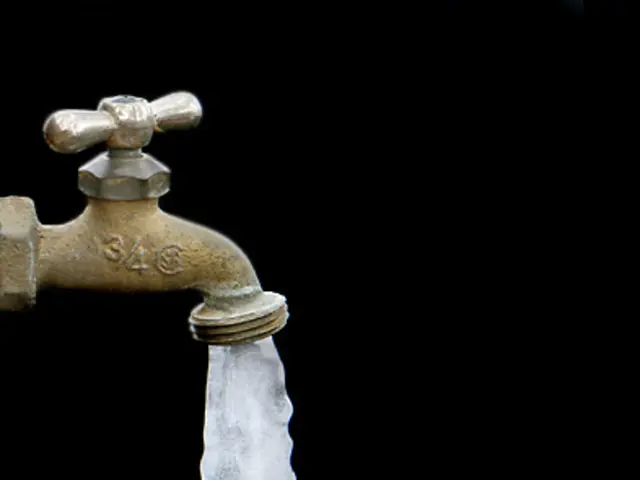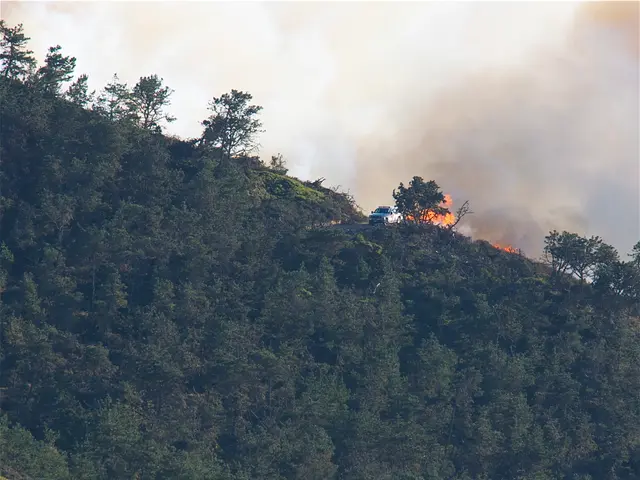Glacial burst occurs in Alaska, causing a deluge of water to head towards Juneau downstream
In Juneau, Alaska, a glacial outburst at Suicide Basin has led to flooding in Mendenhall Lake and River, prompting evacuation orders for residents in the affected area.
The Mendenhall River is expected to crest at around 16.7 feet on Wednesday morning, surpassing its previous record high level of 15.99 feet. Juneau officials have recommended that residents in the 17ft lake level inundation zone evacuate the area until the flood waters recede.
The uptick in glacial lake outburst flooding (GLOF) in Juneau since 2011 is primarily due to ongoing glacial retreat and climate warming. As glaciers melt faster because of rising temperatures, new lakes form or existing lakes grow larger and deeper. The ice or sediment dams that contain these lakes become more prone to collapse, triggering outburst floods.
Accelerated glacier melting since around 2011 has led to more frequent GLOF events in Juneau. Though the Mendenhall River has surpassed its previous record high level, the water is seeping through some of the barriers but has not breeched them.
There are roughly 1,000 residents and businesses in the inundation area, with the capital of Alaska, Juneau, having a population of about 33,000. Juneau officials installed a flood barrier along the area that was inundated in 2024 to mitigate the impact of future flooding events.
The Arctic, including Alaska, is warming twice as fast as the rest of the planet as global temperatures rise. Studies in recent years have shown that between 10 and 15 million people globally are exposed to impacts of glacial lake outburst flooding. The increase in the frequency of GLOF is expected to increase the frequency of outburst flooding events in the future.
Alaska Gov. Mike Dunleavy issued a preemptive disaster declaration on Sunday to streamline emergency response efforts to the glacial outburst. The Mendenhall Glacier and its Suicide Basin have been thinning or melting, causing the annual glacial lake outburst hazard.
For the most precise and up-to-date information, glacier monitoring organizations and recent cryosphere research publications can offer detailed lake volume estimations and flood risk assessments in this region.
[1] For more information on the scientific consensus on GLOF increasing frequency globally due to climate change and glacier retreat, please refer to relevant glacier monitoring organizations and recent cryosphere research publications.
- The increasing frequency of glacial lake outburst floods (GLOF) in Juneau, as well as other parts of the world, is a concerning issue within the realm of environmental science, specifically climate change research.
- As the Mendenhall River crest approaches, weather forecasting becomes crucial for predicting the exact timeline and impact of the flood, which is linked to the broader studies on glacial retreat and climate warming.








